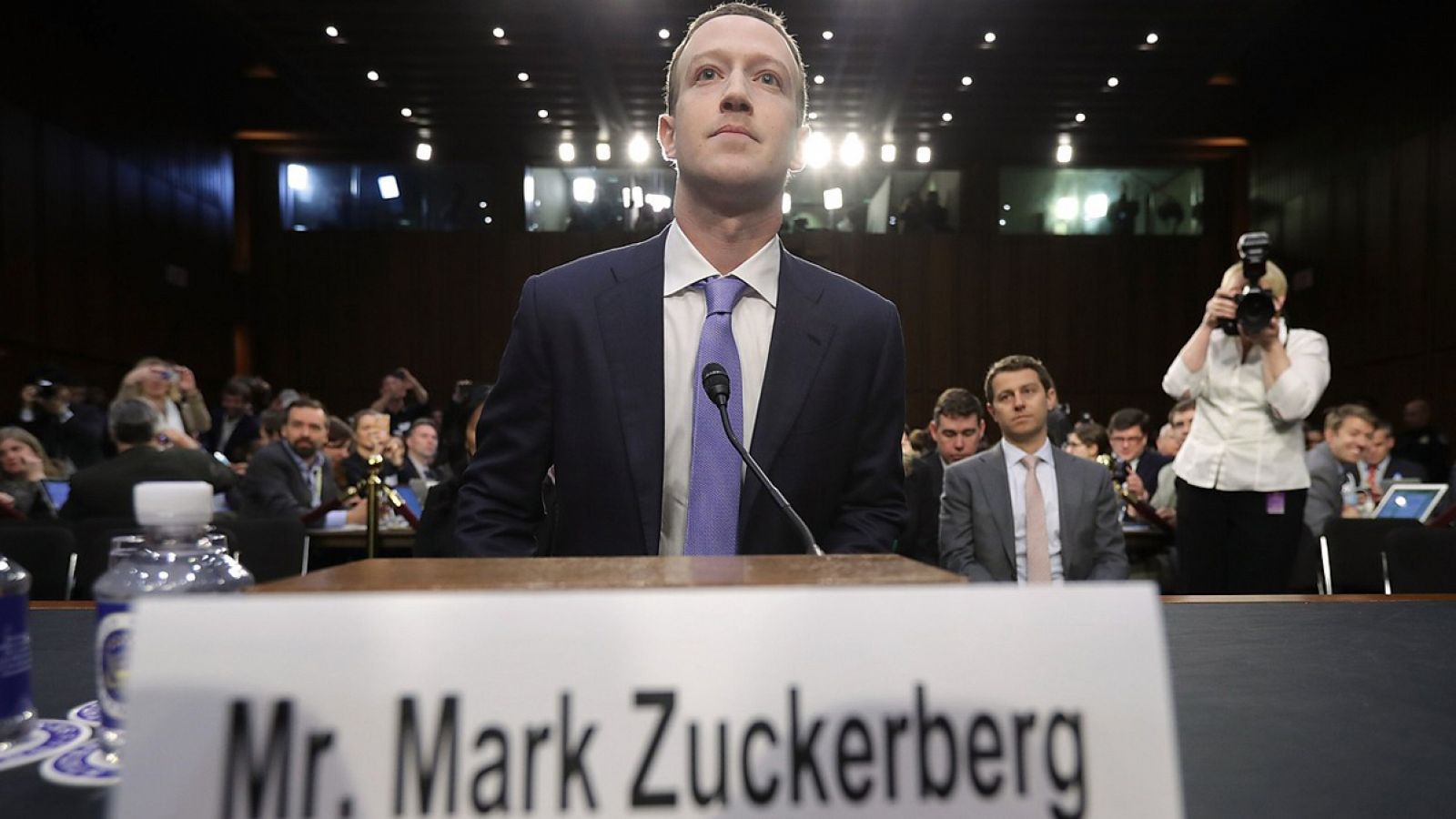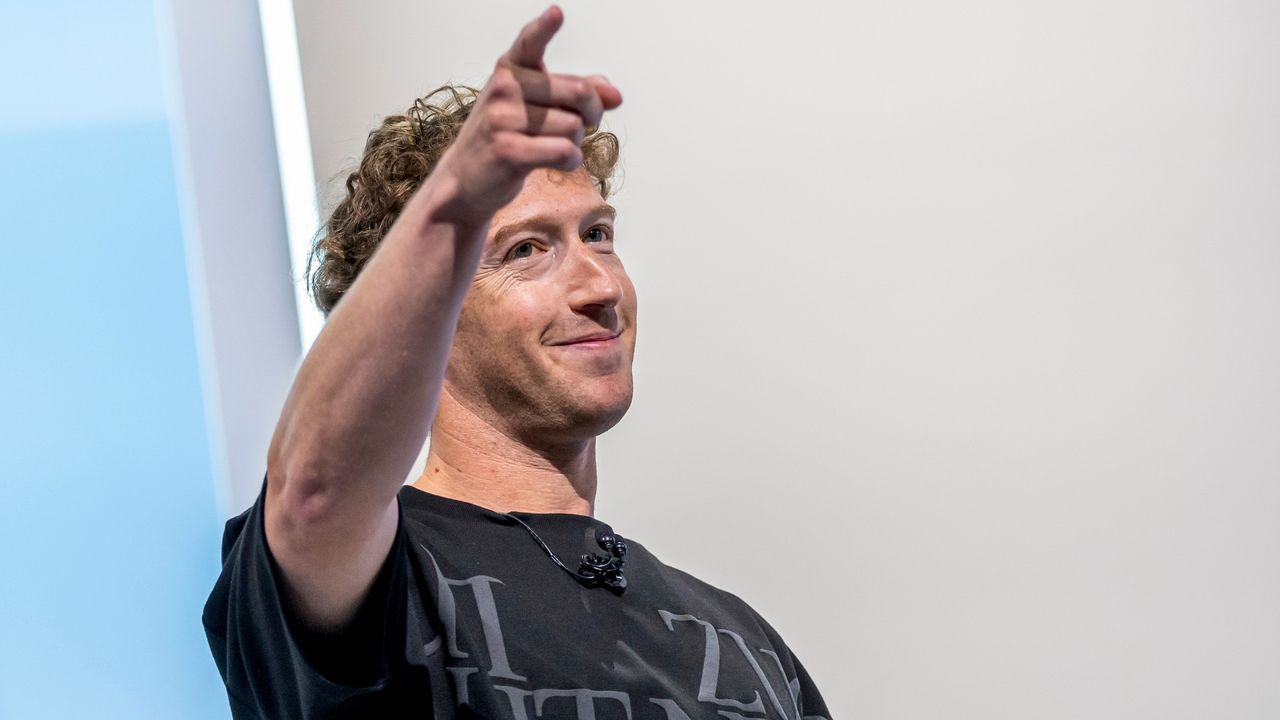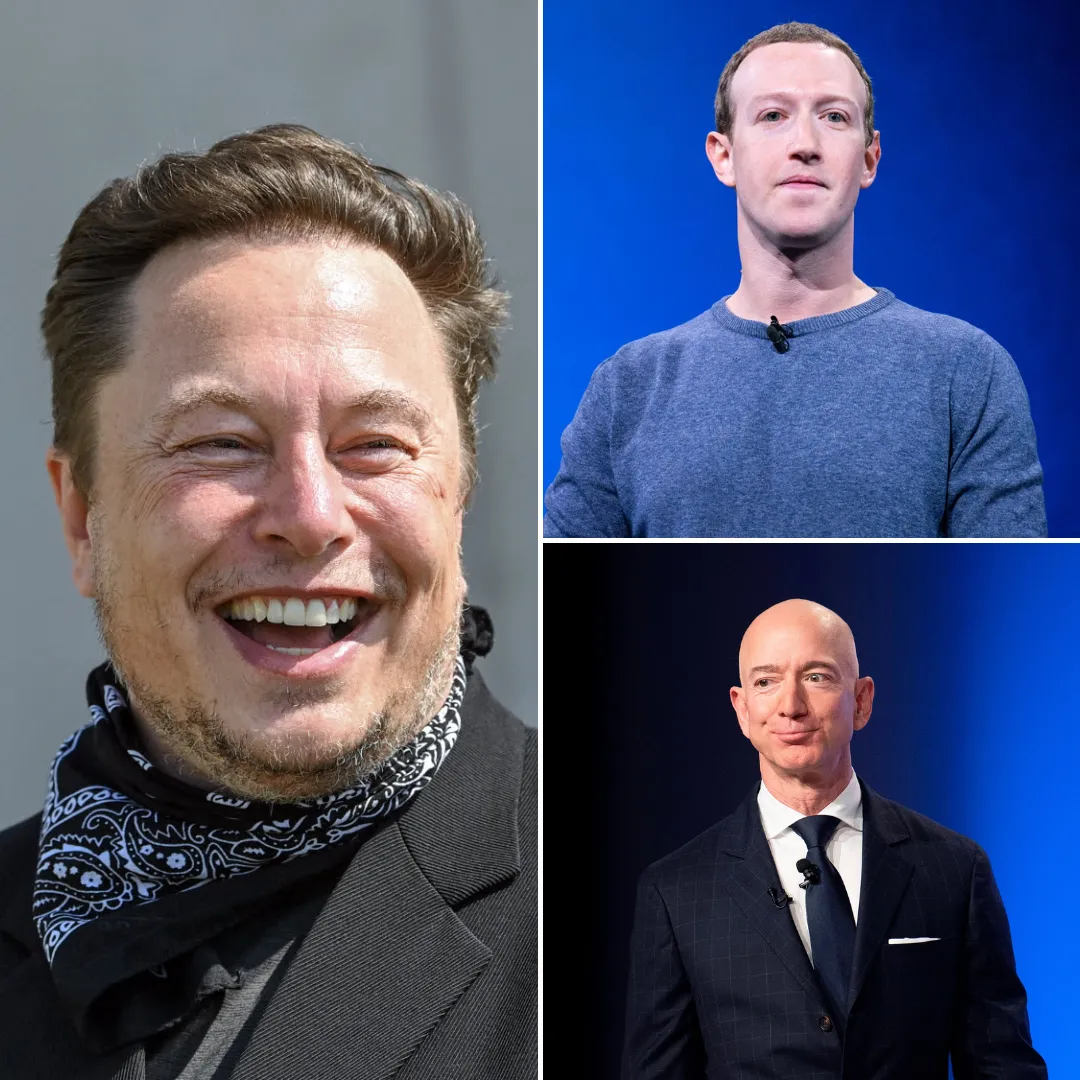
Mark Zuckerberg, the influential CEO of Meta Platforms Inc., has long been a figure scrutinized for his intense focus on technology and innovation. Recently, he dropped a surprising revelation during a podcast appearance on This Past Weekend with comedian Theo Von: “I wake up and fight people.”
Though said with a hint of humor, this phrase sheds light on a serious part of Zuckerberg’s daily routine — two hours of Brazilian jiu jitsu each morning before heading to work.
Rather than reaching for the typical Silicon Valley staples of caffeine or energy drinks, Zuckerberg embraces a grueling physical regimen to manage the tremendous stress that comes with steering one of the world’s largest and most controversial tech empires.
His routine, which starts at 7 a.m. sharp, reflects an almost ascetic lifestyle, emphasizing discipline and resilience in a world of relentless technological disruption.
Zuckerberg’s aversion to chemical stimulants like coffee or nicotine further sets him apart from his peers. “I don’t like any kind of chemicals or anything like that,” he remarked, revealing his preference for physical exertion as a form of mental clarity and balance.
Jiu jitsu, with its blend of strategic thinking and physical endurance, becomes a perfect metaphor and tool for Zuckerberg’s approach to business and leadership.
This two-hour morning ritual is not just a fitness routine; it is Zuckerberg’s secret weapon to stay grounded amid the constant pressure of managing Meta’s sprawling business ventures.
From the social media giants Facebook and Instagram to emerging projects in virtual reality and artificial intelligence, the weight of innovation rests heavily on his shoulders.

Meta itself is undergoing a dramatic transformation. Once known simply as Facebook, the company has rebranded with an eye on the future, investing heavily in the metaverse—a fully immersive, virtual world—and cutting-edge AI technologies.
This pivot aims to reposition Meta as the frontrunner in shaping the next generation of digital interaction.
Zuckerberg’s personal journey mirrors this corporate evolution. Known for years as socially awkward and sometimes robotic in public appearances, he now presents a new image—one of physical toughness and mental discipline.
His embrace of jiu jitsu and mixed martial arts training is a stark contrast to the reserved tech CEO persona he cultivated in his early years.
The narrative of Zuckerberg as a martial artist gained further traction with the buzz around a rumored fight between him and fellow tech billionaire Elon Musk.
The spectacle, speculated to take place in the historic Roman Colosseum, promised a gladiatorial showdown between the two titans of tech. Though the match never came to fruition, it highlighted Zuckerberg’s unexpected reputation as a formidable fighter.

While Zuckerberg has reportedly competed in several jiu jitsu tournaments and trained with top-level fighters, Musk has no public record of similar fighting experience, suggesting a likely advantage for Zuckerberg had the fight gone ahead.
Beyond the spectacle, Zuckerberg’s martial arts training symbolizes more profound qualities necessary for his role: perseverance, strategy, and control under pressure.
Leading Meta through a competitive and often hostile tech landscape requires not just intellectual acumen but also emotional strength—something his morning jiu jitsu practice seemingly provides.
Meta’s business challenges are immense. The company faces fierce competition from rivals like TikTok, YouTube, and Musk’s own X platform. Zuckerberg’s commitment to AI development—exemplified by Meta’s release of its LLaMA 4 model—and investment in Reality Labs, Meta’s division focused on augmented and virtual reality, show a relentless pursuit of innovation despite financial losses in some areas.
His vision for a metaverse where digital and physical realities seamlessly blend is ambitious, positioning Meta to lead the future of the internet. Investors have responded positively to these efforts, with Meta’s stock recovering significantly after a tough 2022, buoyed by stronger advertising revenue and improved operational efficiency.
Yet, public perception remains a hurdle. According to recent Pew Research, only a small fraction of Americans view Zuckerberg favorably, while many associate him with past privacy scandals and concerns about data misuse.

This negative reputation underscores the importance of Zuckerberg’s efforts to reshape his image both personally and through Meta’s transformation.
Zuckerberg’s morning jiu jitsu routine might be seen as an attempt to humanize himself and demonstrate discipline beyond the boardroom. It reveals a leader willing to physically challenge himself, emphasizing mental toughness as critical to success in Silicon Valley’s cutthroat environment.
His choice of Brazilian jiu jitsu is particularly fitting. The sport, which focuses on leverage, technique, and endurance, mirrors the strategic thinking required in technology and business. It’s about finding strength in technique and adapting swiftly to opponents—a mindset Zuckerberg likely applies to navigating Meta’s battles with regulatory scrutiny and market competition.
The rigorous morning routine also aligns with broader trends in the tech world, where executives increasingly acknowledge the importance of mental and physical health. As burnout and stress levels rise globally, Zuckerberg’s commitment to a healthy balance may inspire others in high-pressure roles to adopt similar practices.
Meta’s corporate culture appears to reflect this ethos. The company has promoted wellness initiatives, mental health support, and physical fitness programs for its employees, aligning the CEO’s personal habits with broader organizational values.
Despite the challenges Meta faces—such as ongoing investigations, antitrust battles, and skepticism from the public and regulators—Zuckerberg remains resolute. His willingness to engage in physically demanding training speaks to his determination to remain focused and agile in an unpredictable industry.

In interviews and public appearances, Zuckerberg’s message emphasizes resilience and innovation. The martial arts training adds a layer of authenticity, showing he is not just a thinker but a doer, willing to confront obstacles head-on, both physically and metaphorically.
The connection between Zuckerberg’s jiu jitsu practice and Meta’s future trajectory is compelling. Just as jiu jitsu requires constant adaptation and learning, so too does Meta’s approach to the evolving tech landscape. Zuckerberg’s physical discipline mirrors the intellectual and strategic flexibility needed to lead in the 21st century.
His story challenges the stereotype of the tech CEO as purely cerebral or detached. Instead, Zuckerberg emerges as a complex figure, balancing cutting-edge technology leadership with ancient martial arts wisdom.
Looking ahead, Zuckerberg’s blend of technology ambition and physical rigor may set a new standard for leadership in Silicon Valley. As Meta pushes deeper into AI and the metaverse, the pressure will only increase, and the need for mental and physical resilience will become more pronounced.
For now, Zuckerberg’s two hours of jiu jitsu each morning stand as a testament to his commitment to self-improvement and his unique approach to managing the stresses of leading a tech giant. Whether this ritual will help him steer Meta to success remains to be seen, but it undoubtedly adds a fascinating chapter to the story of one of the world’s most watched CEOs.
-1748228607-q80.webp)
-1743588852-q80.webp)

